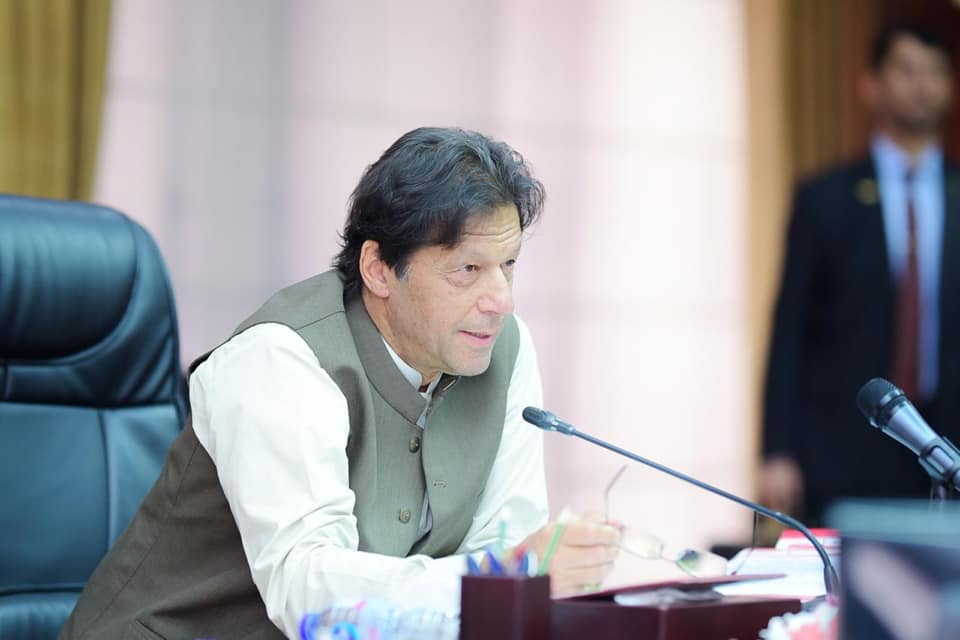Pakistan has called for the international community to act in a “consistent and uniform” manner to all transgressions, not selectively, and highlighted the gross violations particularly in occupied territories that continue to
the subject of repeated UN Security Council resolutions.
“We should not allow human suffering to be selectively prioritized for political convenience or to serve narrow interests,” said Pakistan’s Ambassador to the UN Dr Maleeha Lodhi while speaking in the UN General Assembly in the debate on ‘Resp
onsibility to Protect.’
Maleeha Lodhi, said that it was not the lack of legal means but of political will by the international community that resulted in egregious crimes against humanity.
Arguing that there could not be any moral ambivalence on this issue, Ambassador Lodhi said that declarations on human rights would remain unfulfilled without bringing an end to
the systematic and gross violations of fundamental human rights, particularly in occupied territories.
“If we are to stem this tide”, Ambassador Lodhi stressed, “we need to summon our collective resolve and act in a consistent and uniform manner to all transgressions”. “Else, ‘purity of motive’ notwithstanding, the ensuing actions will continue to lack the legal and moral legitimacy to gain wider acceptability”, she added.
Stating Pakistan’s principled position on this issue, Ambassador Lodhi said that at its core, the ‘resp
onsibility to protec
t̵7;, was not a license to intervene in external situations, but, was instead, a universal principle of ‘non-indifference’, in keeping with historical context and cultural norms of respective settings.
“It is predicated on the express recognition that the resp
onsibility for
the protection of civilians lies first, and foremost, with member states”, she added.
She argued that ‘resp
onsibility to protec
t̵7; was in essence a political expression of what was already obligated on states, as their sovereign resp
onsibility towards their citizens. Calling for prioritizing a prevention-centric focus as the cornerstone of any protection-oriented approach, Ambassador Lodhi said that it cost far more to pick up the pieces after a crisis that it does to prevent one.
She underscored that as the UN approached its landmark seventy-fifth anniversary, the best measure of our commitment to the vulnerable would be to recommit ourselves to the abiding values of the UN Charter, based on the inherent dignity and worth of individual, and
the provision of the fundamental human rights including the right of peoples to self-determination.
She also called for a renewed focus on international cooperation to achieve the UN Charter’s vision of life of dignity for all, and stressed the need to operationalise the ‘right to developmen
t̵7; – encompassing the right to food, shelter, fair terms to trade, debt relief and adequate access to finance and technology.
“After all,”, she said, “in a world beset by socio-economic inequalities, many situations leading to turmoil and conflict are the result of under-development and poverty”. Focusing on the role played by hate speech to incite violence, the Pakistani envoy said Islamophobia has become the most prevalent contemporary expression of this vile narrative.
“We know only too well from our neighbourhood how the abiding lure of communal politics has become the most as
sured pathway to political power,” she told the General Assembly.
She concluded by saying that the idea of resp
onsibility to protect was set against the over-arching principle of state sovereignty. “It cannot become a basis to contravene
the principles of non-interference and non-intervention or question the national sovereignty or territorial integrity of states”, she added.













